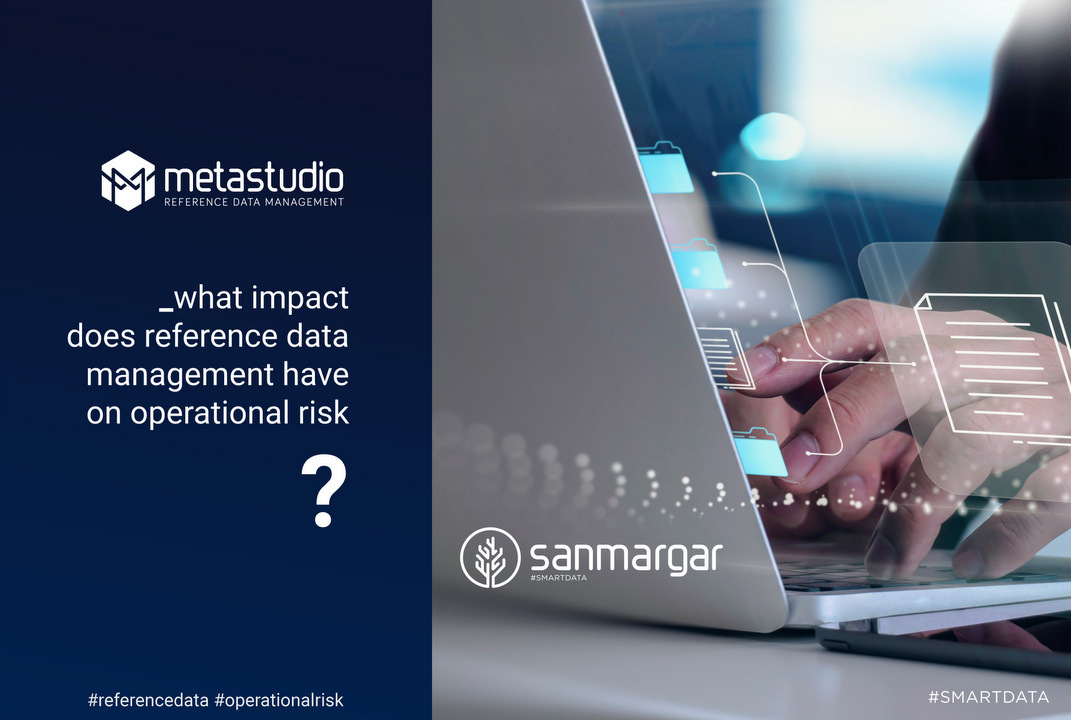In one of our recent projects for a financial institution, we encountered a typical situation where the key solution turned out to be the implementation of effective reference data management. The goal of the project was to optimize operational risk management, and it quickly became apparent that reference data management played a crucial role in achieving this goal.
In today’s business environment, managing information plays a critical role in the success of any organization, particularly in areas related to operational risk management. It’s important to note that operational risk now encompasses not only financial risk but also the risk of reputational or image loss. One of the key factors that affects the proper assessment of risk is the management of reference data. They are essential for the proper functioning of risk and control systems and directly impact the identification, assessment and management of risks. Additionally, they are necessary for the assessment and management of virtually all business processes.
Therefore, it is not surprising that many reference data management projects are a result of actions aimed at better operational risk management.
Typically, the following reference data-related risks are identified that increase operational risk:
- outdated, incomplete or inconsistent reference data, which can lead to incorrect business decisions;
- inadequate security measures for reference data, which can result in loss or data leakage;
- lack of reference data audit procedures, which can lead to a lack of control and confidence in the data;
- lack of collaboration between departments and lack of integration of reference data into business processes.
In our projects, we strive to adhere to the following principles that allow for effective management of reference data:
- Identification of Critical Reference Data: Identify which sets of data are key to the organization’s operation and adjust their management based on their priorities.
- Establishment of Data Management: Create a data management system that includes clear definitions of ownership, roles and responsibilities for managing critical reference data.
- Introduction of Data Quality Control: Develop processes and procedures for data quality control to ensure accuracy, completeness and consistency.
- Regular Data Reviews and Updates: Regularly review and update critical reference data to ensure their timeliness and relevance.
- Data Management Process Automation: Utilize technology and automation to more efficiently and effectively manage critical reference data, reducing the risk of manual errors.
- Data Usage Monitoring: Monitor the usage of critical reference data to ensure proper usage and identify potential operational risk areas.
- Data Integrity Preservation: Preserve the integrity of critical reference data by applying appropriate security and data protection measures.
- Collaboration with Other Departments: Collaborate with other departments within the organization to ensure that critical reference data is properly considered in business processes and operational risk is properly managed.
In managing operational risk, reference data is a critical component of the decision-making process and ensures stable and efficient organization operations. Thus, it is important to have thoughtful and effective management of reference data, and to be ready for changes and maintain flexibility.




